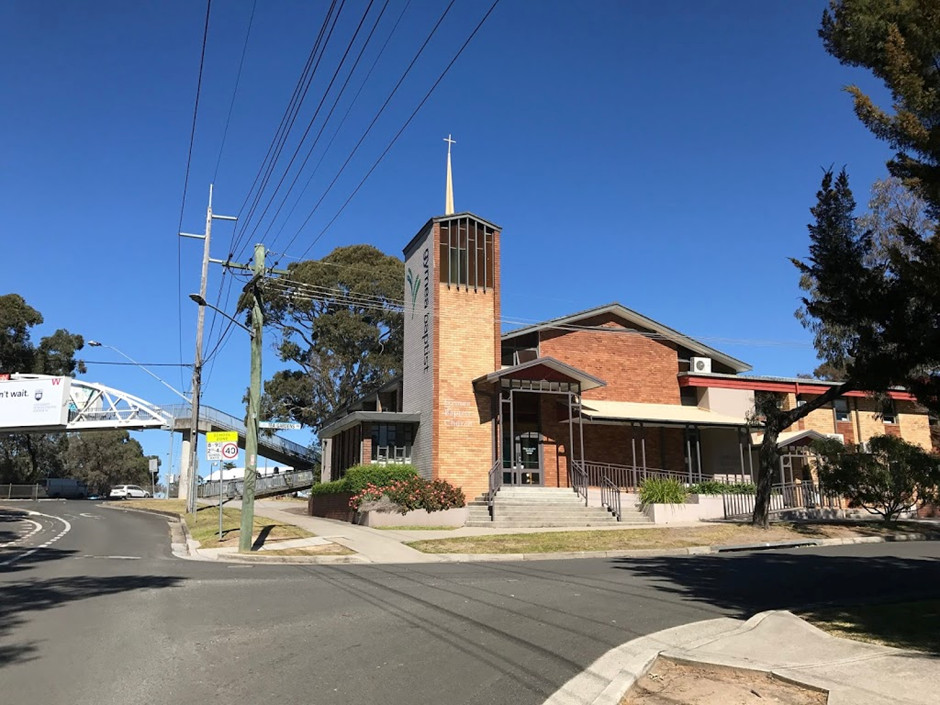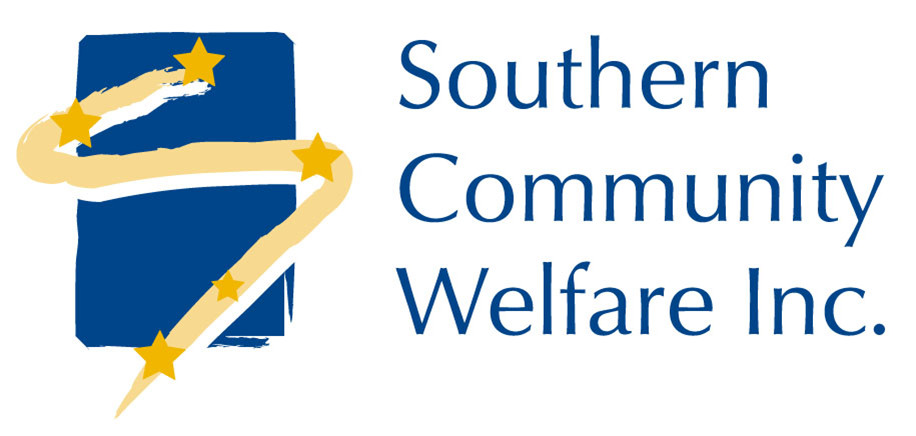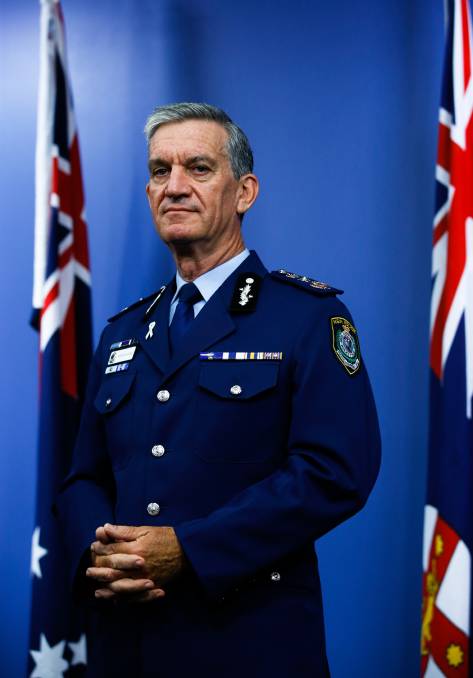Hopefield began as Tea Gardens Cottage in February 1995 in a small room in Gymea Baptist Church with a vision that church would be relevant to all Australians and would reach out to people within its community.

Tea Gardens Cottage (as it was known) became a unique and innovative service to support the community and show the love of Christ in a very real way.
Tea Gardens Cottage changed its name to Southern Community Welfare in 1999.

Under the leadership of Susan Foyle (2010-2014) the team at Southern Community Welfare worked at increasing their professional and ethical standards of practice through changes in policy, operations and staffing to lay the foundations of our service as it is today. Services were expanded according to community concern including support for deliberate self-harm and suicide post vention. Services to support children and families, the homeless and domestic violence were also added providing case management and practical support to the marginalised and vulnerable across the Sutherland Shire and beyond. Counselling services expanded to include psychological interventions for most significant mental health conditions as well as relationships, depression, anxiety and stress.
With the release of the ‘Jitters’ series of books in 2011, authored by Kerry Moss, which explain the nature of anxiety and management strategies for children in simple terms, Southern Community Welfare became known for its work in childhood anxiety. Speech pathology services for children, adolescents and adults commenced in 2014.
In 2010, Southern Community Welfare welcomed NSW Police Commissioner Andrew Scipione, APM as patron. In addition to being a highly decorated and experienced police officer, Commissioner Andrew Scipione and his wife, Joy, were also named joint Hurstville Citizens of the year in January 2012 for their work in the local community.
The appointment of Vicki Sherry as CEO in 2015 continued the transition of Southern Community Welfare into a robust and professional organisation capable of meeting the needs of the community in a sustainable manner. In 2017, accreditation to the NSW Disability Standards was achieved alongside registration with The National Disability Insurance Scheme.
The release of the 2018-2020 Strategic Plan shepherded Southern Community Welfare to further expansion including the addition of an Op Shop, a social enterprise retail outlet for pre-loved clothing and accessories, an additional location of services out of Gosport Street, Cronulla including a weekly meal service, and rebranding of the organisation as Hopefield in September 2019. We believe that the name Hopefield better captures the key values of our organisation and why we exist: that every human being, regardless of circumstance, background or beliefs has inherent value, dignity and worth and our role is to show the pathway to this hope. The name Hopefield offers a vision, an encouraging promise for the future – a future that holds opportunity and growth.
In response to the COVID-19 pandemic of 2020, Hopefield partnered with other service organisations in the local area to establish a food co-op which continues to provide meals, fresh food and grocery items to those in need in our community as well as introducing services via videoconferencing.

Today Hopefield is a professional organisation fully accredited to standards of excellence and an incorporated association and registered charity with the ACNC. It has public benevolent institution and deductible gift recipient status with the ATO and continues to offer services and programs to all on a pay-as-you-can basis in response to the changing needs of our community. Hopefield has come a long way from its humble beginnings in a small room under the stairs of a church.

“It is my pleasure to be the Patron for Southern Community Welfare. Strong societies are built on well functioning individuals and families, therefore services that support the family and social relationships are a necessary part of our community.
Organisations like Southern Community Welfare must be supported to continue the work they do in counselling, education, resourcing and prevention to enhance relationships and support networks increasing functional community life.”
Andrew Scipione
APM COMMISSIONER OF POLICE 2010
